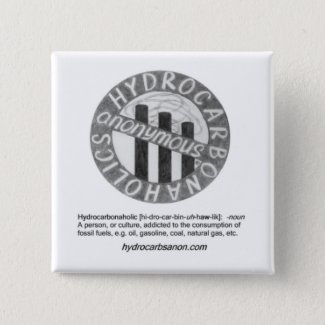 Makes me aware, every day now, of the power of water (and of the odd reticence, where I live anyway, of people to do home repair work, or to give estimates, or to return phone calls. . . But I digress).
Makes me aware, every day now, of the power of water (and of the odd reticence, where I live anyway, of people to do home repair work, or to give estimates, or to return phone calls. . . But I digress).In a very real sense, the utilities that residents in advanced industrial countries take for granted, amount to a channeling and a taming of elemental forces: water, fire, energy. Modern life is based on our capacity to bend these forces to our collective will. And that works. . . except when it doesn't.
As when a gas leak takes out a neighborhood or a water main failure turns a Manhattan intersection into Old Faithful or an ice storm snuffs out the electricity for a few days (or weeks).
And of course, there are the smaller scale, end-user issues, little glitches in our own home utility networks. I've become sufficiently respectful of the cost of failure in most of these areas that I don't do much home plumbing work anymore. You only have to be wrong by a drip; add those up and down comes your ceiling (not my fault this time, BTW). I'll do a little home electrical work only under very circumscribed conditions.

(Having checked three times that the circuit is off, having donned rubber-soled shoes and kitchen gloves, my overactive adrenal gland still flinging hot drops into my icy stomach with the precision of a metronome. . . But I digress.)
Americans in particular are generally indifferent to efficiency.
Sometimes we talk about that as the legacy of continental expansion. (Don't like it here? Not enough land/water/oil/gold? Move.)
Sometimes we view it as an artifact of post-WWII boomer hubris. (Limits? Hell, we're not even going to age! Now where did I leave my ginkgo bil-whatever-it's called?)
But it seems to me that there's a moral or spiritual dimension to this as well.
I'm ambivalent writing that.
I more often view religion as a force for oppression than for liberation, for irrational rather than rational behavior. (As an atheist, married to a pagan—“Mommy prays to the shrubbery”—with a militantly anti-religion daughter, well it's complicated.) But wouldn't we slow our resource usage (perhaps drastically) if you had to say grace every time you turned on a faucet, threw a switch, lit a stove—a replacement for the physical penance we had to do when warmth or cooking meant gathering and chopping wood, when water meant a trip to the well and back with a bucket?
I'm not advocating for that, for what would amount to a mass conversion to something close to Greek or Roman polytheism—though the sandals would be cool. But a reduction in resource usage can't be achieved only through efficiency, regulation, and a more rational alignment of economic incentives (all of which we still desperately need).
We need to look inward as well as outward, to recognize our own failings and obligations (no guilt, no shame, just looking, just taking inventory) and our strengths as well. If religion does this for some people, fine by me. I'm more comfortable with behavioral economics, or a sort of secular spirituality, willing to admit that I have a problem, convinced that we are not powerless before our resource addiction.







